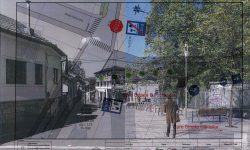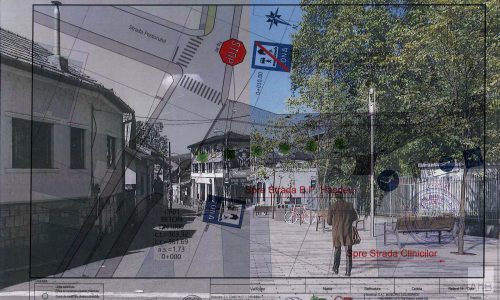Romania's aspirations to join the eurozone have hit a stumbling block as the country currently does not meet the necessary economic and legal criteria set by the European Union, according to the European Commission's 2024 Convergence Report.
The assessment reveals that Romania struggles with issues in price stability, public finances, exchange rate stability, and the convergence of long-term interest rates—key benchmarks known as the Maastricht criteria. Additionally, Romanian legislation concerning the independence of its central bank, the Banca Națională a României (BNR), does not fully comply with EU standards, particularly in areas related to monetary financing and central bank integration into the European System of Central Banks (ESCB) at the time of euro adoption.
The report evaluates the economic progress of Romania alongside other EU member states like Bulgaria, the Czech Republic, Hungary, Poland, and Sweden, noting that none currently meet all the criteria required for euro adoption. Among these, Bulgaria is closest, meeting all but one of the required standards and demonstrating compatible national legislation with the norms of the economic and monetary union.
Where Romania is Falling Short:
1. Price Stability: Romania struggles with maintaining consistent inflation rates that align with the EU’s criteria.
2. Public Finances: The management of the national budget and debt levels does not meet the EU’s stringent fiscal requirements.
3. Exchange Rate Stability: Romania needs to demonstrate that its currency, the leu, can maintain stability against the euro for an extended period.
4. Convergence of Long-term Interest Rates: The country’s long-term interest rates need to align more closely with those in the eurozone.
For Romania, significant reforms are essential to address these deficiencies. The European Commission suggests that amendments to the BNR Law are necessary to resolve issues concerning the central bank's independence and the prohibition of monetary financing. These changes are crucial for Romania to eventually meet the euro adoption criteria and join the eurozone, an ongoing process that demands adherence to specific rules and regulations laid out in the EU treaties.
What Would Euro Adoption Look Like?
In Romania, certain services like real estate and phone contracts are often priced in euros and then converted to Romanian leu (RON). This practice is primarily due to the euro’s stability and widespread use in international and high-value transactions, providing a consistent pricing standard for companies that operate both locally and in other European countries. However, this can disadvantage consumers, as fluctuations in the exchange rate may lead to higher costs when converted to RON. Adopting the euro would eliminate these exchange rate discrepancies, potentially stabilising prices and making costs more predictable for Romanian consumers
Adopting the euro would also have profound implications for Romanian businesses and the overall economy. For employers, the transition could mean changes in payroll configurations and accounting systems, aligning with euro-denominated transactions. Businesses might face initial costs due to these changes, but the long-term benefits of a more stable currency could outweigh these initial investments.
For consumers, the switch to the euro would affect pricing structures across the board. Although this transition might lead to temporary price adjustments, the long-term outcome could be beneficial, leading to potentially lower interest rates and increased economic stability.
The path to adopting the euro is complex and requires substantial adjustments in national economic policies and legal frameworks. For Romania, this journey will involve continued efforts to stabilise its economy, enhance fiscal management, and ensure that its legal structures align with those of the more integrated economic systems within the EU. As Romania works towards these goals, the European Commission's periodic assessments will continue to provide crucial insights into the country's progress and areas needing improvement.



